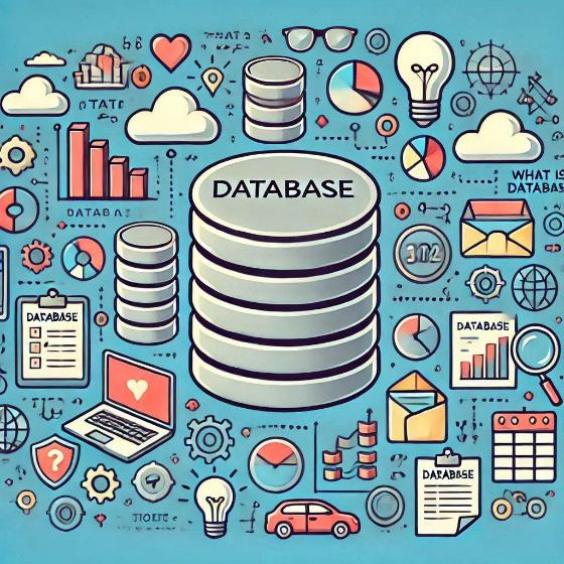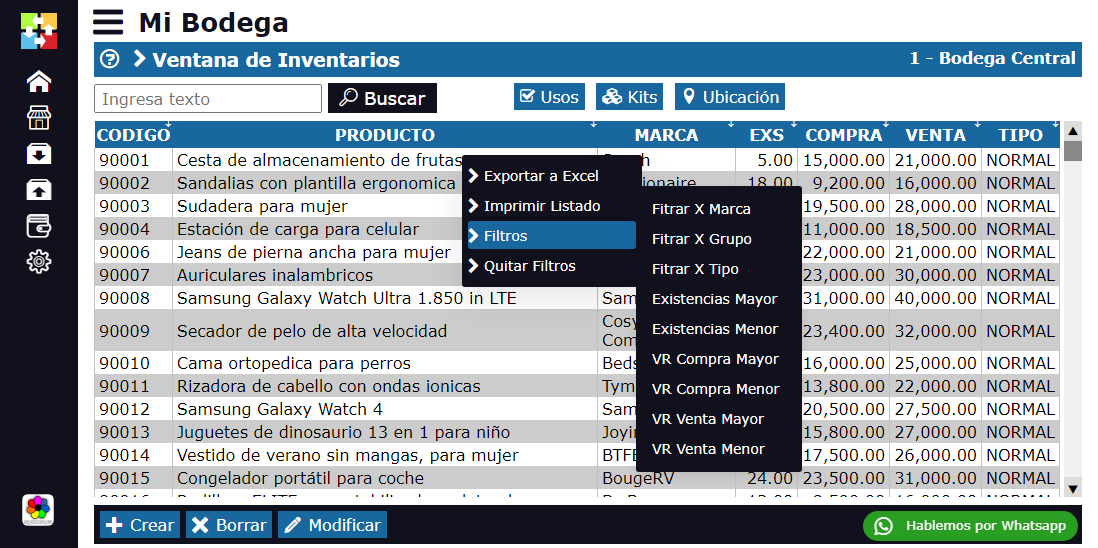What is a Database
In the digital age we live in, terms such as "database" or "cloud data" are commonly heard, but what does it really mean? In this article, we will explore what a database is, what it is used for, and who uses it. We will also discover how databases are fundamental to the functioning of the internet we know today.

What is a Database?
A database is a set of organized and structured data in a logical manner, which is stored in a computer system. These data can be of any type, such as text, numbers, images, videos, etc. The database allows storing, managing, and retrieving information efficiently and securely.
Characteristics of a Database
- Organization: Data is organized in a logical and structured manner, which facilitates its search and retrieval.
- Storage: Data is stored in a computer system, which allows for quick and efficient access.
- Security: Databases usually have security measures to protect the stored information, such as passwords and access permissions.
- Scalability: Databases can grow and adapt to the needs of the organization, making them ideal for large-scale applications.
What is a Database Used For?
Databases are used in a variety of applications and sectors, such as:
- Web Applications: Databases are used to store user, product, order, etc. information in web applications such as Amazon, Facebook, and Twitter.
- Mobile Applications: Databases are used to store user, game, application, etc. information in mobile applications such as Instagram and WhatsApp.
- Businesses: Databases are used to store customer, order, inventory, etc. information in businesses of all sectors.
- Research: Databases are used to store and analyze large amounts of data in scientific and academic research.
Who Uses a Database?
Databases are used by a variety of people and organizations, such as:
- Software Developers: Software developers use databases to create applications and computer systems.
- Businesses: Businesses use databases to store and manage customer, order, inventory, etc. information.
- Researchers: Researchers use databases to store and analyze large amounts of data in scientific and academic research.
- System Administrators: System administrators use databases to manage and maintain the computer systems of organizations.
What Would Happen Without Databases?
It is difficult to imagine a world without databases, but if they did not exist, the internet we know today would be very different. Without databases, we could not:
- Access online information: We could not access online information, such as news, articles, videos, etc.
- Shop online: We could not shop online, as online stores could not store product and order information.
- Connect with friends and family: We could not connect with friends and family through social networks, as we could not store user and message information.
- Access online services: We could not access online services, such as online banking, online education, etc.
In summary, databases are fundamental to the functioning of the internet we know today. They allow storing, managing, and retrieving information efficiently and securely, which is essential for a variety of applications and sectors. Without databases, the internet would be a very different and much less useful place.





